18 GPTs for Interpersonal Relationships Powered by AI for Free of 2026
AI GPTs for Interpersonal Relationships are advanced artificial intelligence tools designed to assist, understand, and enhance human interactions. Leveraging the power of Generative Pre-trained Transformers, these tools offer personalized support and insights for a wide range of interpersonal dynamics, including friendships, professional relationships, and family ties. Their relevance lies in the ability to process and analyze vast amounts of data to provide nuanced advice, emotional support, and communication strategies, making them invaluable for fostering deeper connections and resolving conflicts.
Top 10 GPTs for Interpersonal Relationships are: Objective Personality AI,Wisdom GPT,Digital Dungeon Master,PsychoHelper,Kenneth Wapnick,Carl R Rogers,공자 카운셀러,Behaviour Analyst,无锡城院智慧心理健康咨询系统,Drima
Objective Personality AI
Unveiling the Layers of Personality with AI
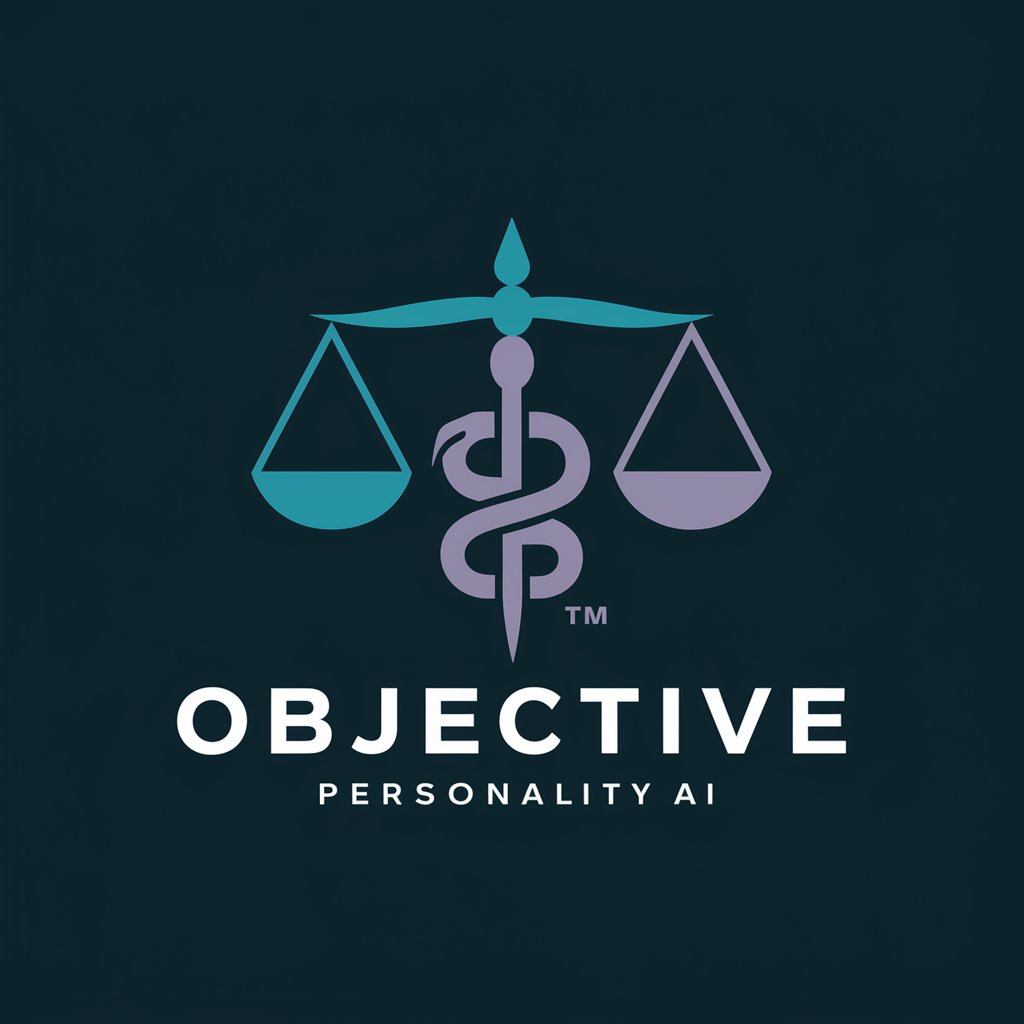
Wisdom GPT
Empowering Insights Through AI Wisdom
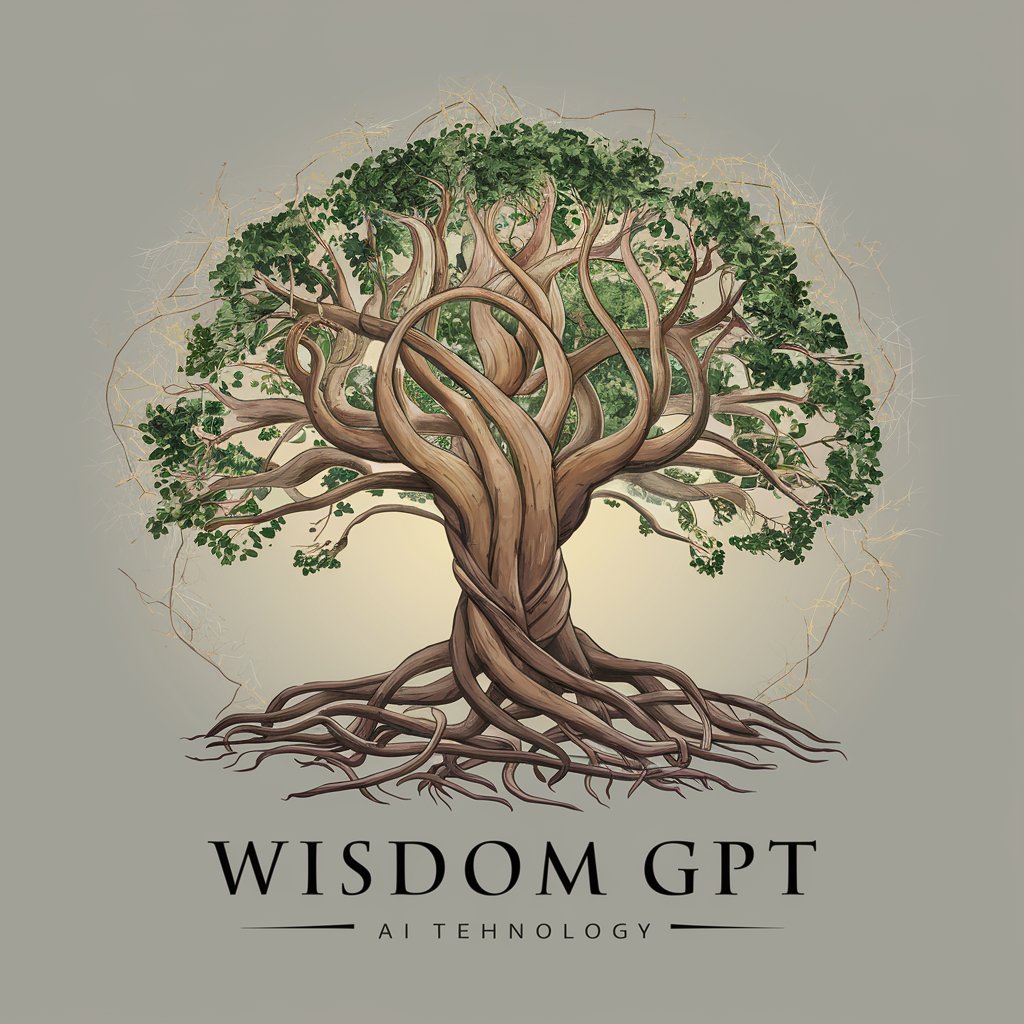
Digital Dungeon Master
Unveiling Your Path with AI Wisdom

PsychoHelper
Empowering Minds with AI-Driven Psychology Insights

Kenneth Wapnick
Unlocking 'A Course in Miracles' with AI

Carl R Rogers
Empowering self-discovery through empathy

공자 카운셀러
Ancient wisdom for today's decisions

Behaviour Analyst
Unlock deeper understanding with AI-powered behavior insights.
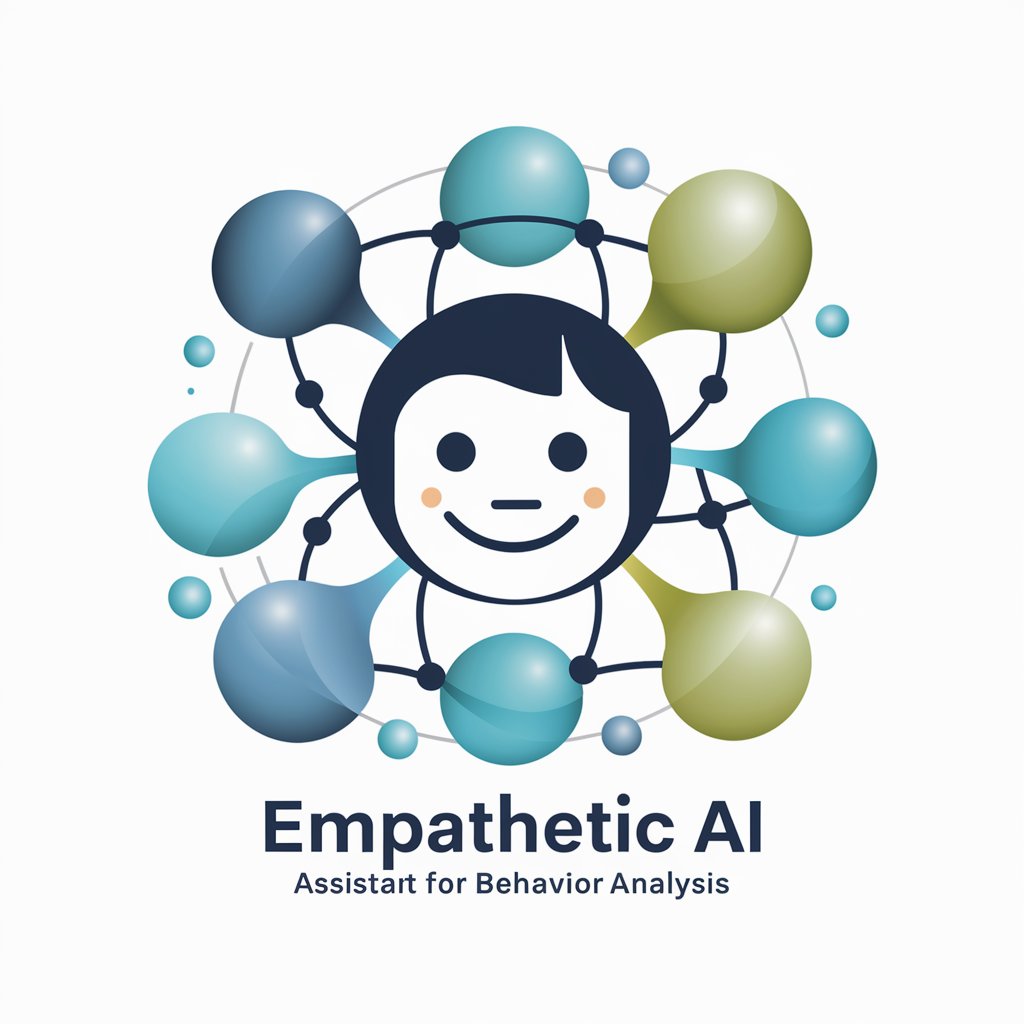
无锡城院智慧心理健康咨询系统
Empowering Mental Wellness with AI

Drima
Bridging Faith, Culture, and the African Diaspora with AI
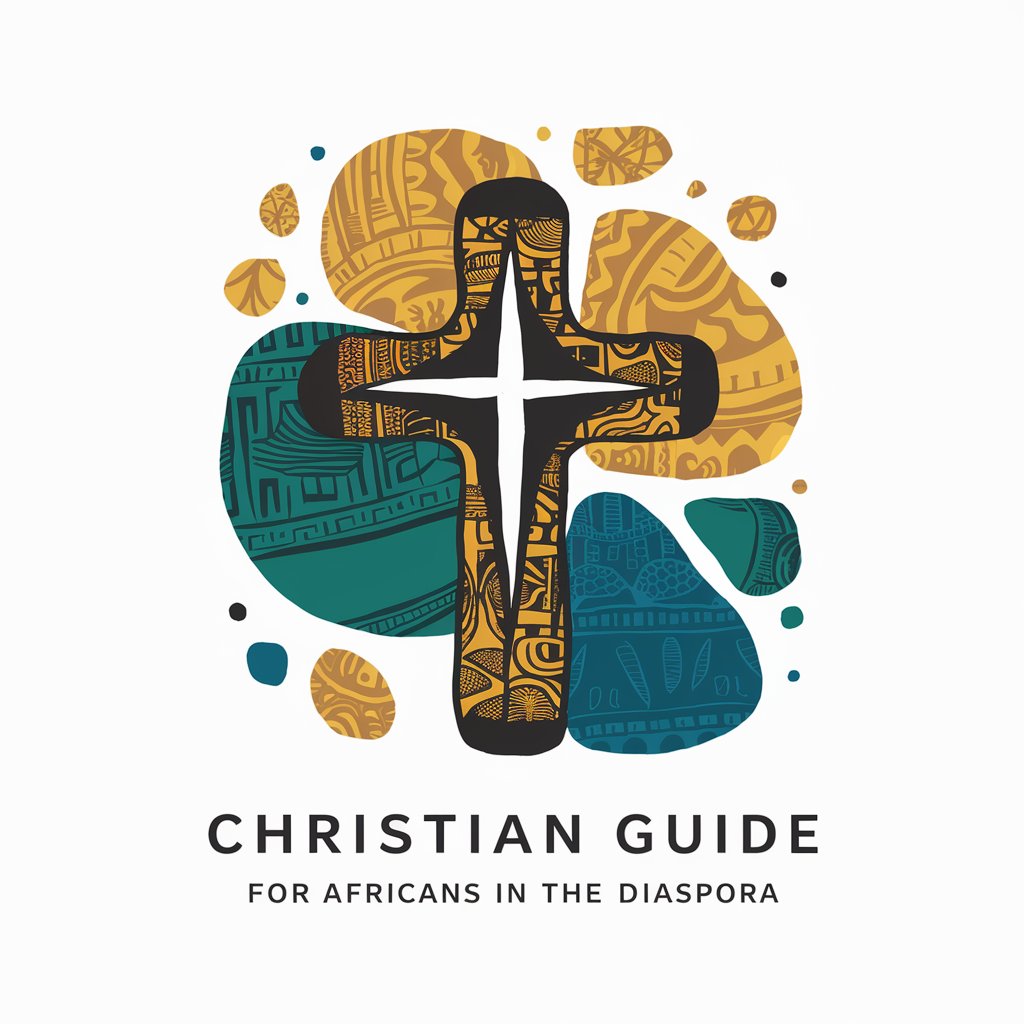
The Way
Navigating the journey to your true self.

Approach Advisor
Elevate Conversations with AI-Powered Advice
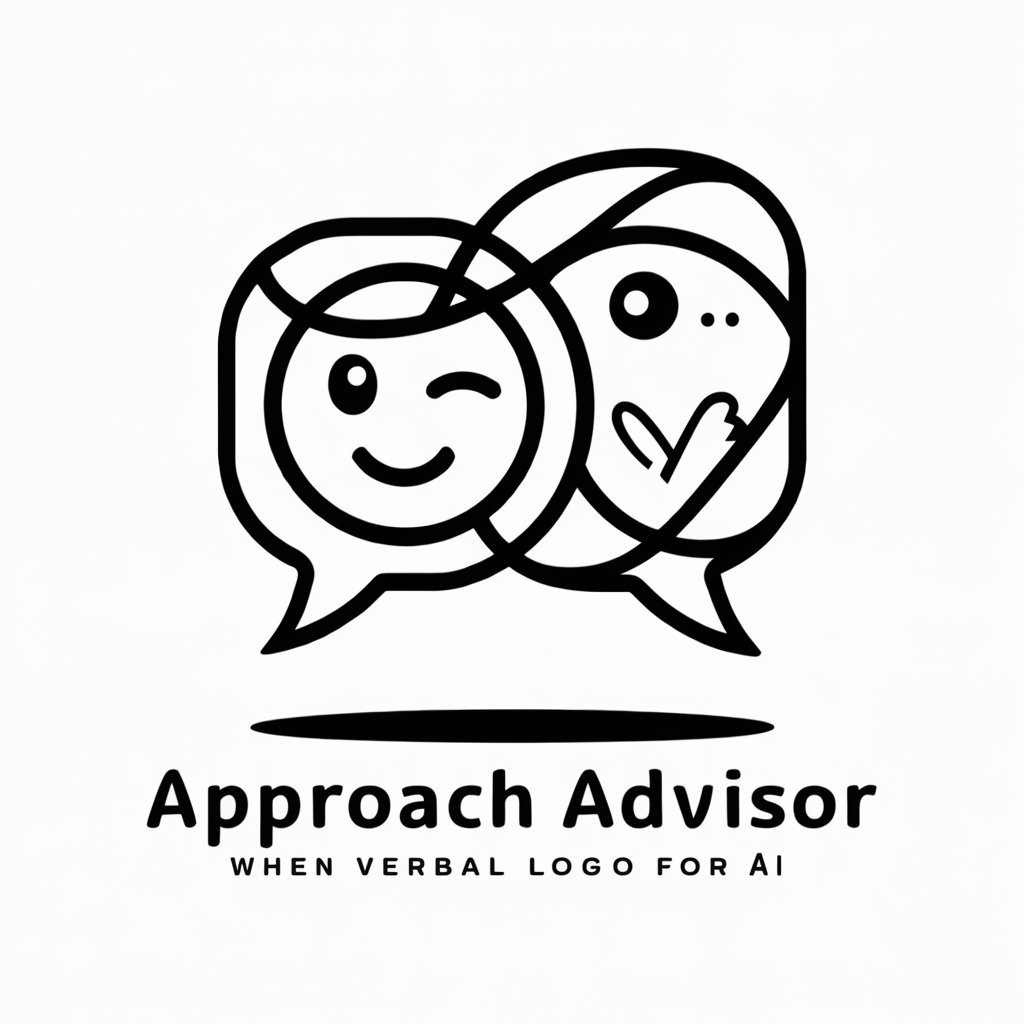
Charles Bingley
Navigate social dynamics with AI-powered insights.

与孔子结伴同行(仁、礼、孝、君子、中庸)
Navigating life with Confucian wisdom.

The Mediator
Empathetic AI for Harmonious Solutions

Marcus Aurelius
Empowering lives with Stoic wisdom.

Karmics, how to engage or disengage
Empowering Your Karmic Journey with AI
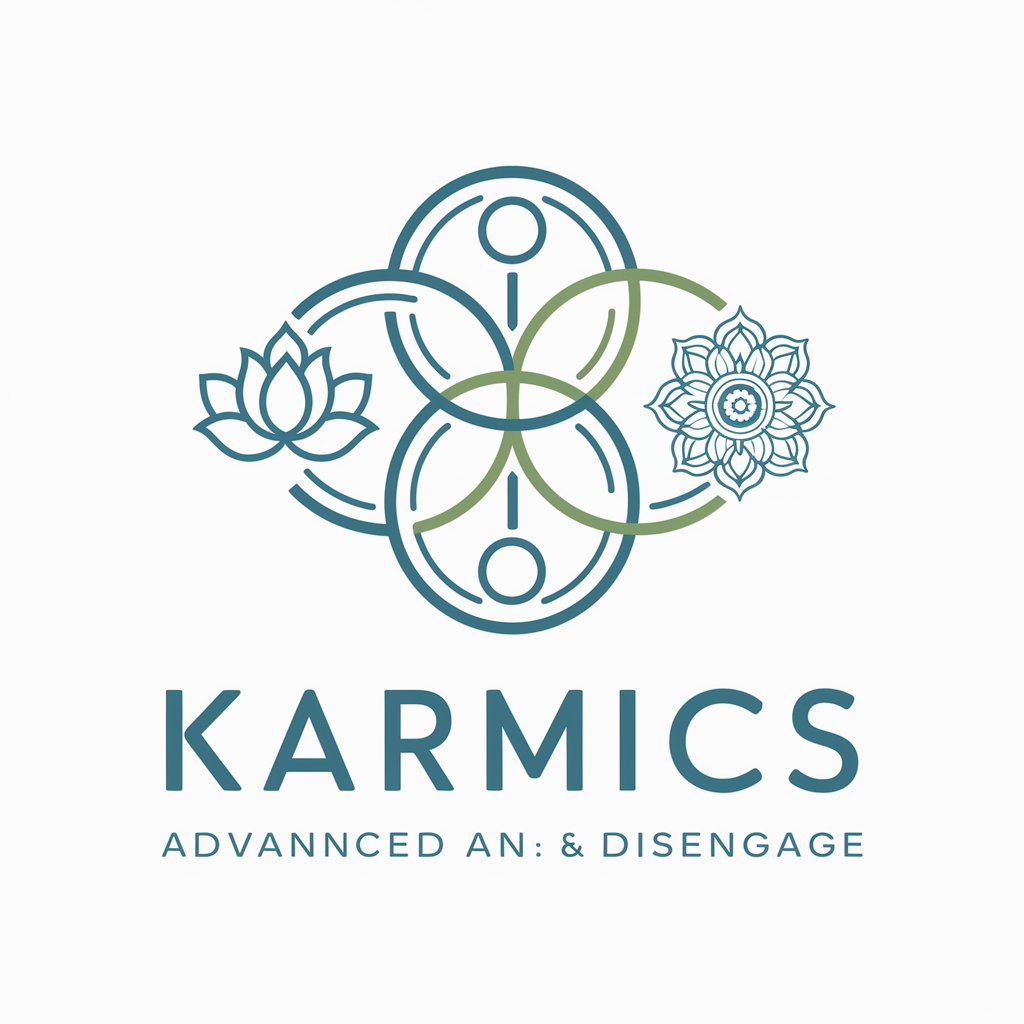
命格推算
Empower Your Decisions with AI

Key Capabilities of AI GPTs in Nurturing Interpersonal Bonds
These tools excel in adaptability, catering to diverse needs from simple conversational support to complex emotional intelligence insights. Features include language learning for effective communication, technical support for troubleshooting, web searching for gathering relationship-enhancing information, image creation for visualizing emotions or concepts, and data analysis for understanding relationship dynamics. Their ability to simulate human-like interactions while providing tailored advice sets them apart, making them a versatile asset in the interpersonal domain.
Who Benefits from AI GPTs in Relationship Enhancement
The primary beneficiaries include individuals seeking to improve their personal connections, relationship counselors, and communication specialists. AI GPTs tools are accessible to novices, offering intuitive interfaces that require no coding skills, while also providing robust customization options for developers and professionals in the field. This dual accessibility ensures that anyone interested in enhancing interpersonal relationships can leverage these tools effectively.
Try Our other AI GPTs tools for Free
Behavioral Understanding
Explore how AI GPTs for Behavioral Understanding harness the power of advanced AI to analyze and predict human behaviors, offering tailored solutions across various fields.
Employee Development
Explore AI GPTs for Employee Development – innovative tools transforming professional training with personalized, scalable, and integrated learning solutions.
Bilingual Assistance
Explore AI GPTs for Bilingual Assistance: Your gateway to seamless multilingual communication and tasks, powered by advanced AI technology.
Industrial Automation
Discover how AI GPTs transform Industrial Automation with smart solutions for predictive maintenance, process optimization, and efficient operations.
Investment Simulation
Explore AI GPT tools for Investment Simulation, harnessing advanced AI to forecast investment outcomes and refine strategies.
Wealth Management
Discover how AI GPTs for Wealth Management revolutionize financial planning and investment strategies with cutting-edge technology, designed for both novices and professionals.
Expanding Horizons with AI GPTs in Relationships
Beyond immediate interpersonal advice, these GPTs offer broader applications, such as enhancing social skills, supporting mental health, and fostering community building. Their integration into existing systems allows for seamless support across various platforms, making them a versatile companion in the digital age. User-friendly interfaces ensure that these advanced tools are accessible, empowering users to enhance their interpersonal relationships with ease.
Frequently Asked Questions
What exactly are AI GPTs for Interpersonal Relationships?
They are AI tools designed to assist with various aspects of human interactions, using data analysis and machine learning to offer personalized advice and insights.
How can these tools improve personal relationships?
By providing tailored communication strategies, emotional support, and conflict resolution advice based on extensive data analysis.
Are these tools suitable for professional relationship counseling?
Yes, they offer valuable insights and support for relationship counselors, enhancing their ability to understand and advise their clients.
Can novices use these AI GPTs tools effectively?
Absolutely, as they are designed with user-friendly interfaces that do not require any coding knowledge.
What customization options are available for developers?
Developers can tailor the tools' functionality, integrate them with other systems, and utilize advanced features for specific interpersonal relationship applications.
How do these tools handle sensitive information?
With a strong emphasis on privacy and security, they are programmed to process data responsibly and ensure user confidentiality.
Can AI GPTs simulate human emotions?
While they can simulate understanding and responses to human emotions, they do not experience emotions themselves. They provide insights based on data analysis.
What future developments are expected in this field?
Future advancements include more nuanced emotional intelligence, better integration with social media and communication platforms, and enhanced personalization for individual relationship dynamics.